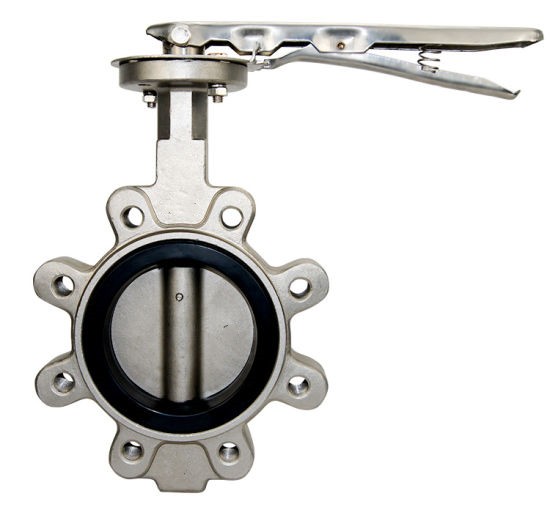water ball valve
Understanding Water Ball Valves A Key Component in Fluid Control
Water ball valves are essential devices used in various applications for controlling the flow of water and other fluids. Their design and functionality make them a popular choice in both residential and industrial settings. This article will explore the features, benefits, and common uses of water ball valves.
Design and Mechanism
A water ball valve consists of a spherical ball with a hole or port through its center. This ball is situated between two ends of the valve and is rotated to control the flow of fluid. When the ball is aligned with the pipe, the valve is open, allowing water to flow freely. Conversely, when the valve is turned perpendicular to the pipe, the hole is blocked, effectively stopping the flow. This simple yet effective mechanism promotes quick on-off operation, making ball valves ideal for applications where immediate shut-off is essential.
Durability and Reliability
One of the most significant advantages of water ball valves is their durability. Made from materials like brass, stainless steel, or PVC, they can withstand high pressure, extreme temperatures, and corrosive environments. Their robust construction ensures longevity, reducing the need for frequent replacements. Furthermore, ball valves provide a tight seal, minimizing the risk of leaks, which is critical in preventing water loss and potential environmental damage.
water ball valve

Versatile Applications
Water ball valves are used in a wide range of applications, including plumbing systems, irrigation, and industrial processes. In residential settings, they are commonly found in water supply lines, enabling homeowners to control water flow to appliances or fixtures. In irrigation systems, ball valves help manage water distribution effectively, ensuring that plants receive the necessary hydration without waste.
In industrial contexts, water ball valves play a crucial role in managing fluid flow in piping systems. They are utilized in various processes, such as chemical manufacturing, oil and gas production, and water treatment facilities. Their ability to handle high pressure and corrosive substances makes them indispensable in these environments.
Conclusion
In summary, water ball valves are vital components in fluid control systems. Their reliable design, durable materials, and versatility make them suitable for diverse applications. Whether in a home or an industrial plant, understanding the benefits and functionality of water ball valves can help in selecting the right type for your specific needs. Investing in quality ball valves ensures efficient and safe management of water flow, ultimately contributing to better resource management and sustainability.
-
The Key to Fluid Control: Exploring the Advantages of Ball Valves in Industrial SystemsNewsJul.09,2025
-
The Versatile World of 1, 2, and 3 Piece Ball ValvesNewsJul.09,2025
-
Stainless Steel Ball Valves: The Ideal Choice for Efficient Flow ControlNewsJul.09,2025
-
Optimizing Fluid Control with Ball Float ValvesNewsJul.09,2025
-
Manual Gate Valves: Essential for Control and EfficiencyNewsJul.09,2025
-
Everything You Need to Know About Butterfly ValvesNewsJul.09,2025
-
The Versatility of Wafer Type Butterfly ValvesNewsJul.08,2025




